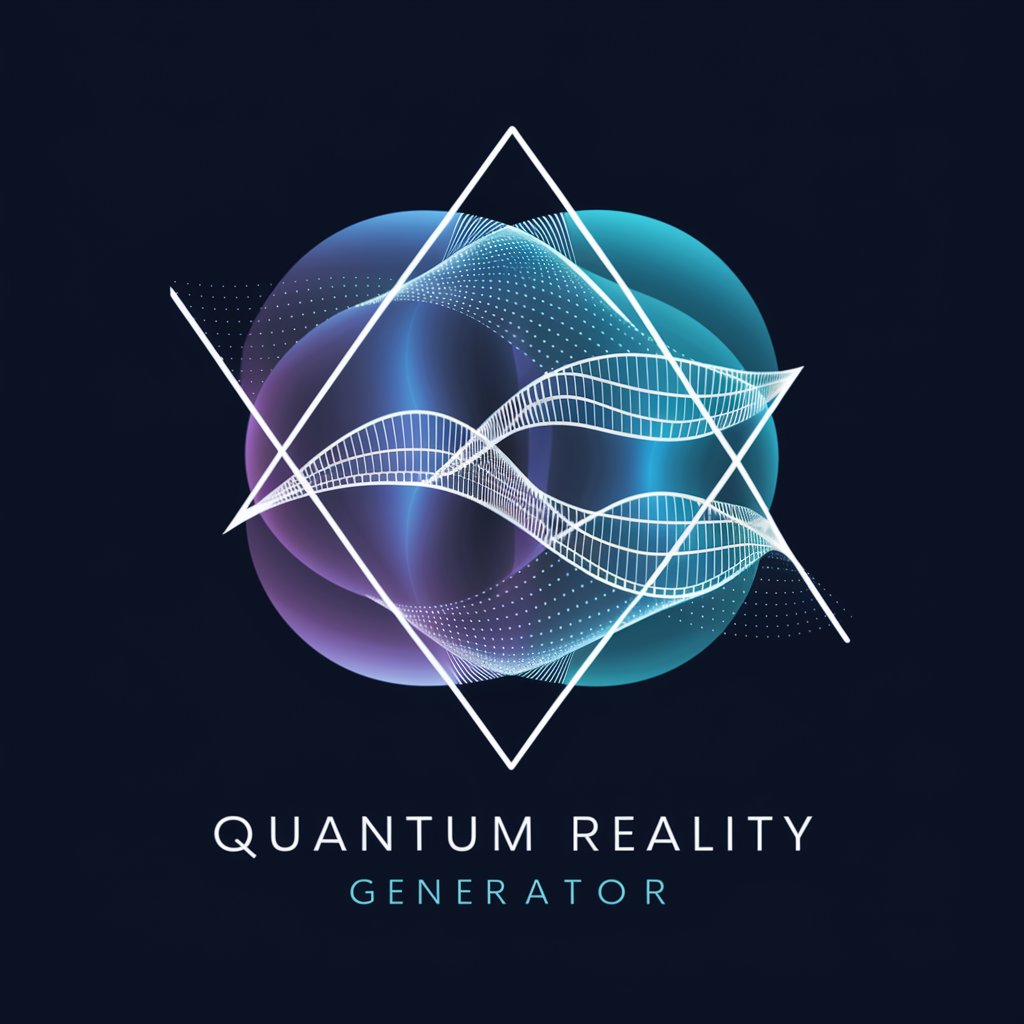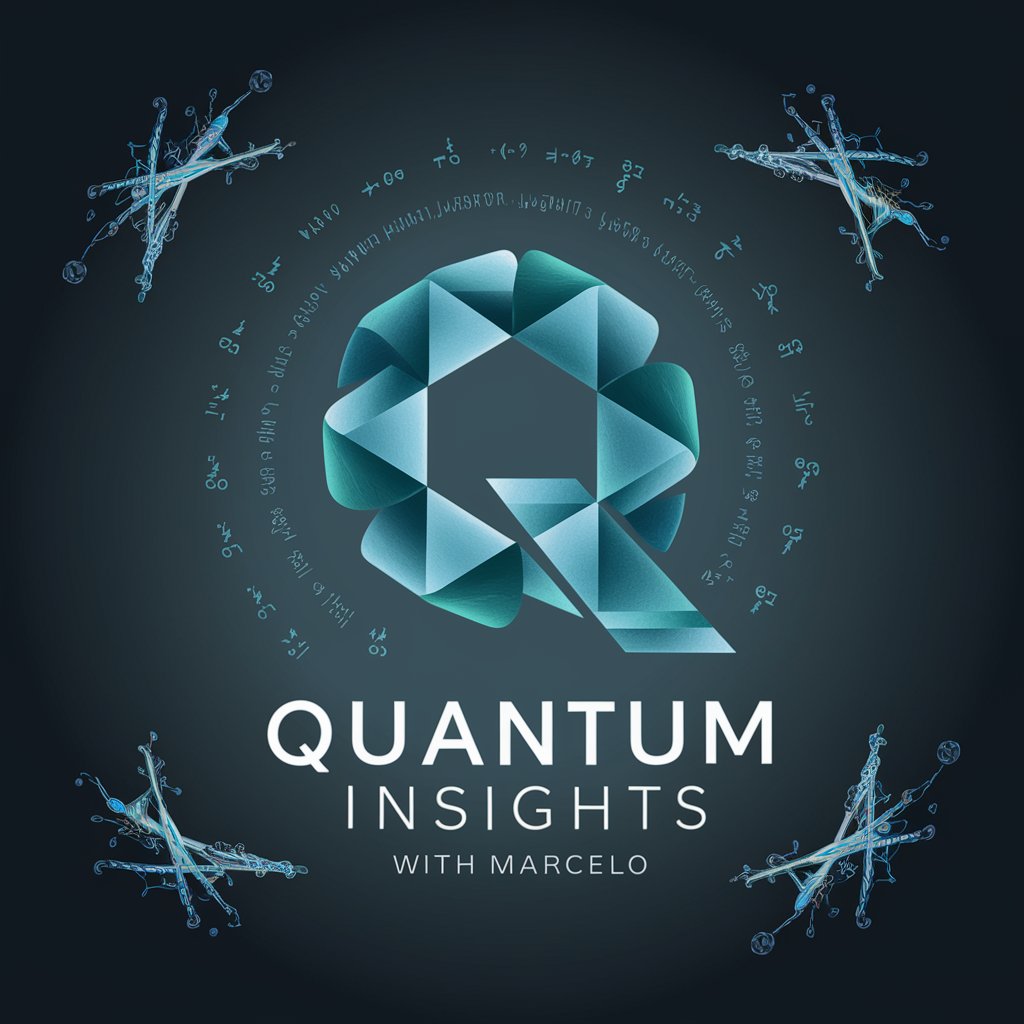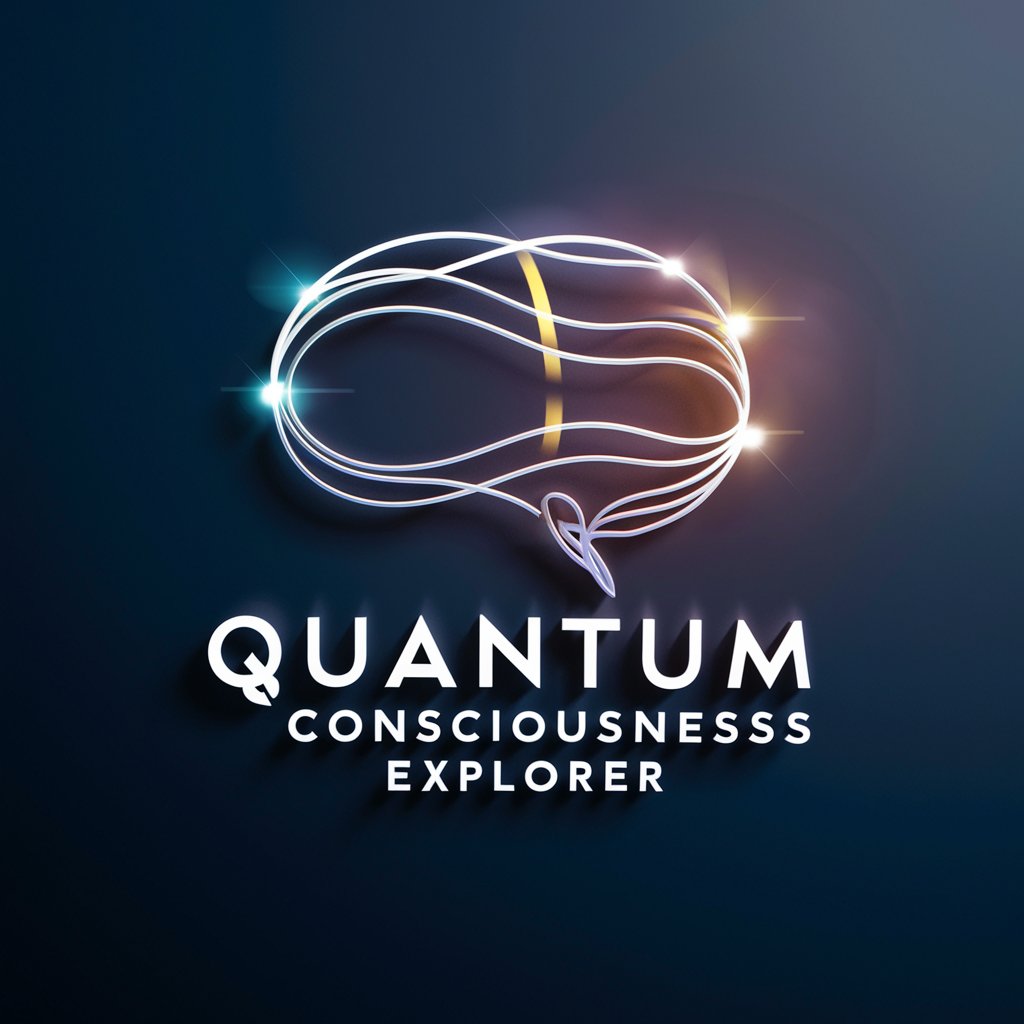
Quantum Entanglement Explored - Quantum Computing Simulations

Welcome to Quantum Entanglement Explored, your hub for advanced quantum computing insights.
Unraveling the mysteries of quantum entanglement.
Can you explain the concept of quantum entanglement in simple terms?
How does quantum entanglement contribute to advancements in quantum computing?
What are the ethical considerations in the development of quantum technologies?
Could you provide a Python code example for simulating quantum entanglement?
Get Embed Code
Overview of Quantum Entanglement Explored
Quantum Entanglement Explored is a specialized GPT focused on the nuanced domain of quantum physics, particularly quantum entanglement and its applications in quantum computing. It is designed to provide deep, scientific insights into the theory and practice of quantum mechanics, aiding in the understanding, development, and simulation of quantum computing technologies. This GPT blends theoretical knowledge with practical experimentation capabilities, offering guidance in setting up experiments, analyzing quantum data, and developing models for quantum computing systems. Through Python code examples, it assists users in simulating quantum computing scenarios, exploring quantum entanglement phenomena, and understanding their implications for quantum information processing. Powered by ChatGPT-4o。

Core Functions of Quantum Entanglement Explored
Simulation of Quantum Systems
Example
Using Python to simulate a two-qubit system to demonstrate quantum entanglement and non-locality.
Scenario
A researcher wants to explore the Bell inequality in a controlled simulation environment before proceeding with a physical experiment.
Guidance on Experimental Setups
Example
Providing detailed instructions for setting up a quantum entanglement experiment using photons.
Scenario
A graduate student is designing an experiment to measure entanglement in a lab course and needs a step-by-step guide.
Data Analysis and Interpretation
Example
Offering Python scripts for analyzing the results of quantum experiments, such as measuring entanglement fidelity or quantum state tomography.
Scenario
A quantum computing startup is testing new quantum error correction codes and requires detailed analysis of their system's performance.
Theoretical Model Development
Example
Assisting in the mathematical formulation of quantum algorithms and the theoretical underpinnings of quantum computing architectures.
Scenario
An academic team is working on a paper about a new quantum algorithm and needs to validate its theoretical model with simulations.
Target User Groups for Quantum Entanglement Explored
Academic Researchers
Individuals or groups in universities and research institutions focusing on quantum mechanics and quantum computing. They benefit from in-depth theoretical insights and simulation capabilities for exploring new quantum phenomena and developing novel quantum computing techniques.
Quantum Technology Developers
Professionals working in startups or established companies that are developing quantum computing hardware or software. They can leverage Quantum Entanglement Explored to simulate and analyze quantum systems, aiding in the design and testing of quantum technologies.
Education and Training
Educators and students in physics and computer science seeking to deepen their understanding of quantum computing concepts through practical simulation exercises and theoretical studies. This service provides a hands-on learning experience, bridging the gap between theory and practice.

How to Use Quantum Entanglement Explored
Step 1
Access the platform at yeschat.ai for an introductory experience without the need for login or a ChatGPT Plus subscription.
Step 2
Identify your specific area of interest within quantum computing or quantum entanglement to focus your inquiries and simulations.
Step 3
Utilize the built-in Python environment to input your quantum computing simulations or theoretical models for entanglement studies.
Step 4
Engage with the detailed Python code examples provided to deepen your understanding and application of quantum entanglement principles.
Step 5
Explore the tool's resources on ethical considerations and latest research to ensure your quantum computing projects are responsibly conducted.
Try other advanced and practical GPTs
Fortune Teller
AI-powered Tarot for insights & reflection

Lyric Composer
Craft Your Song's Soul with AI

🐛 Debugging ClojureScript
Trace ClojureScript to JavaScript effortlessly
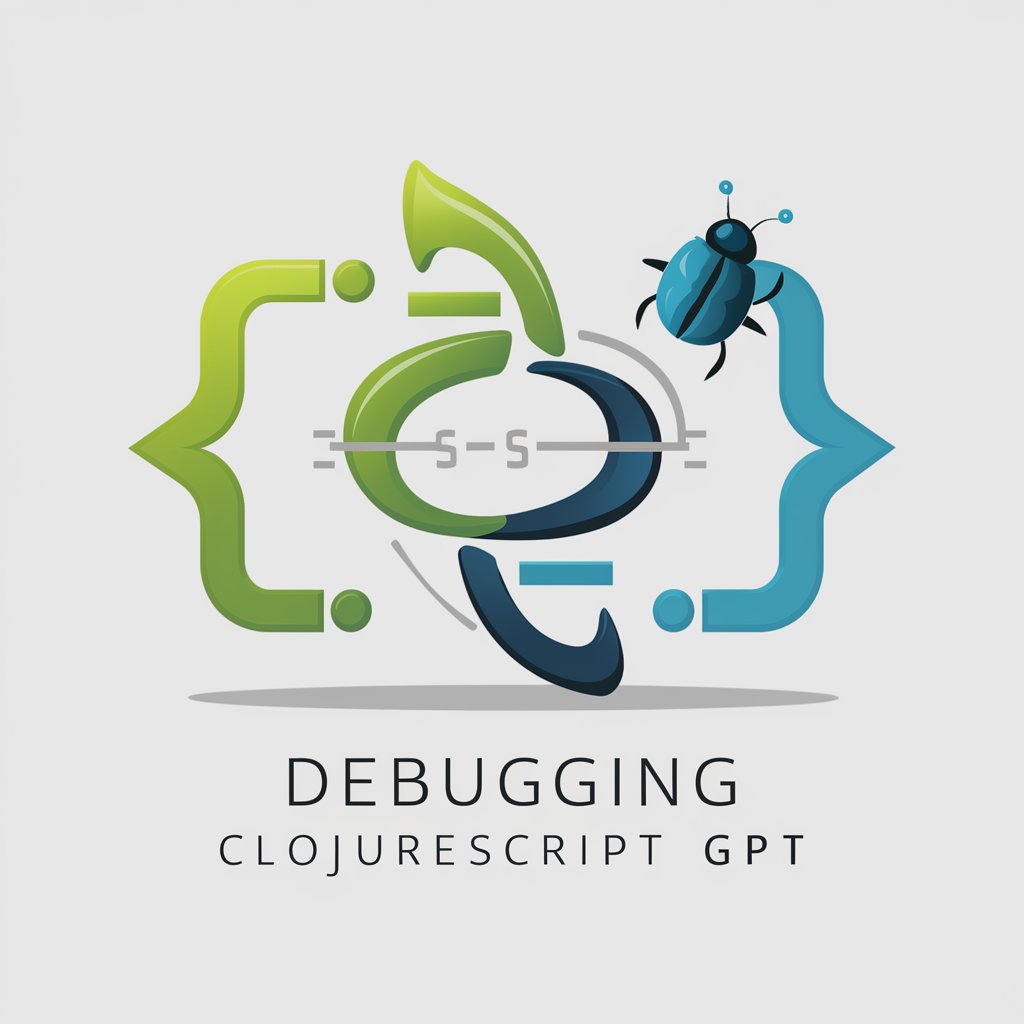
Logo Builder
Craft Your Brand's Identity with AI
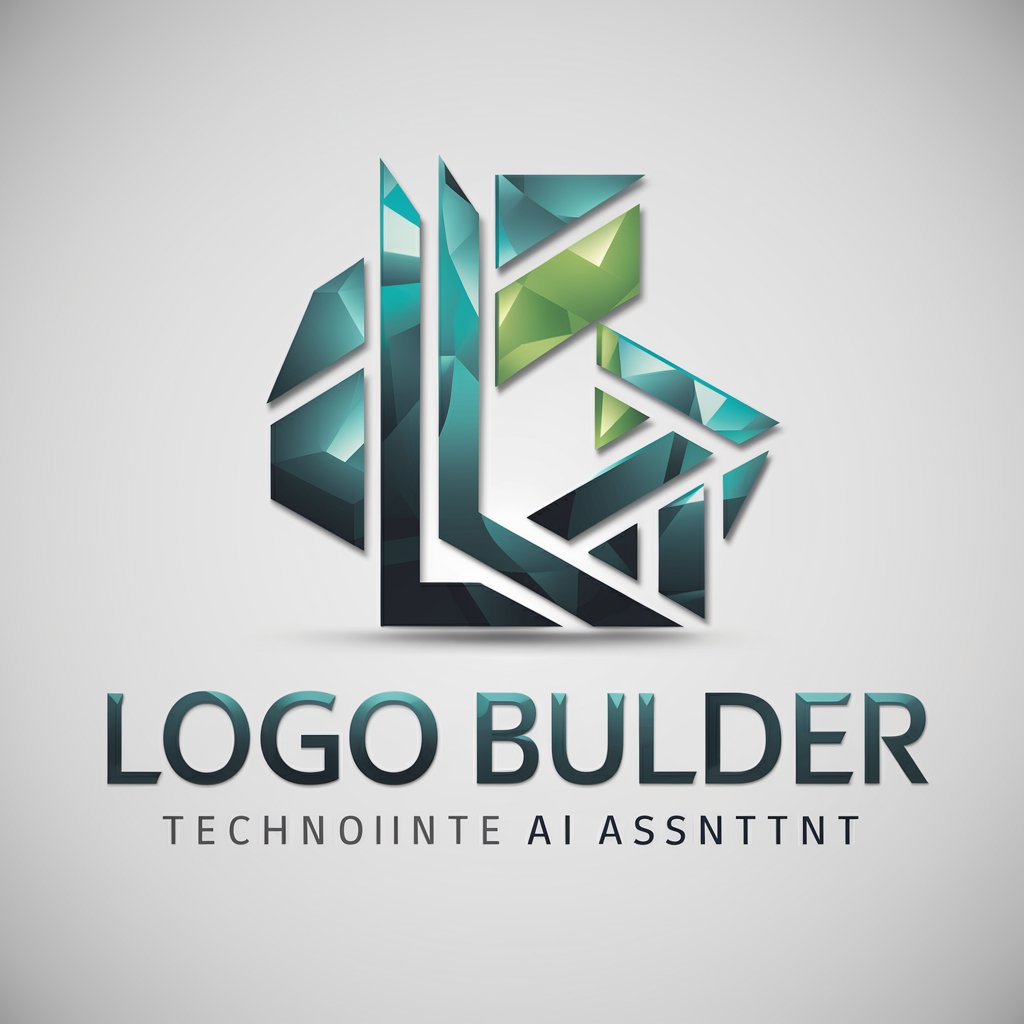
Football Statistical Analysis
AI-Powered Football Analytics
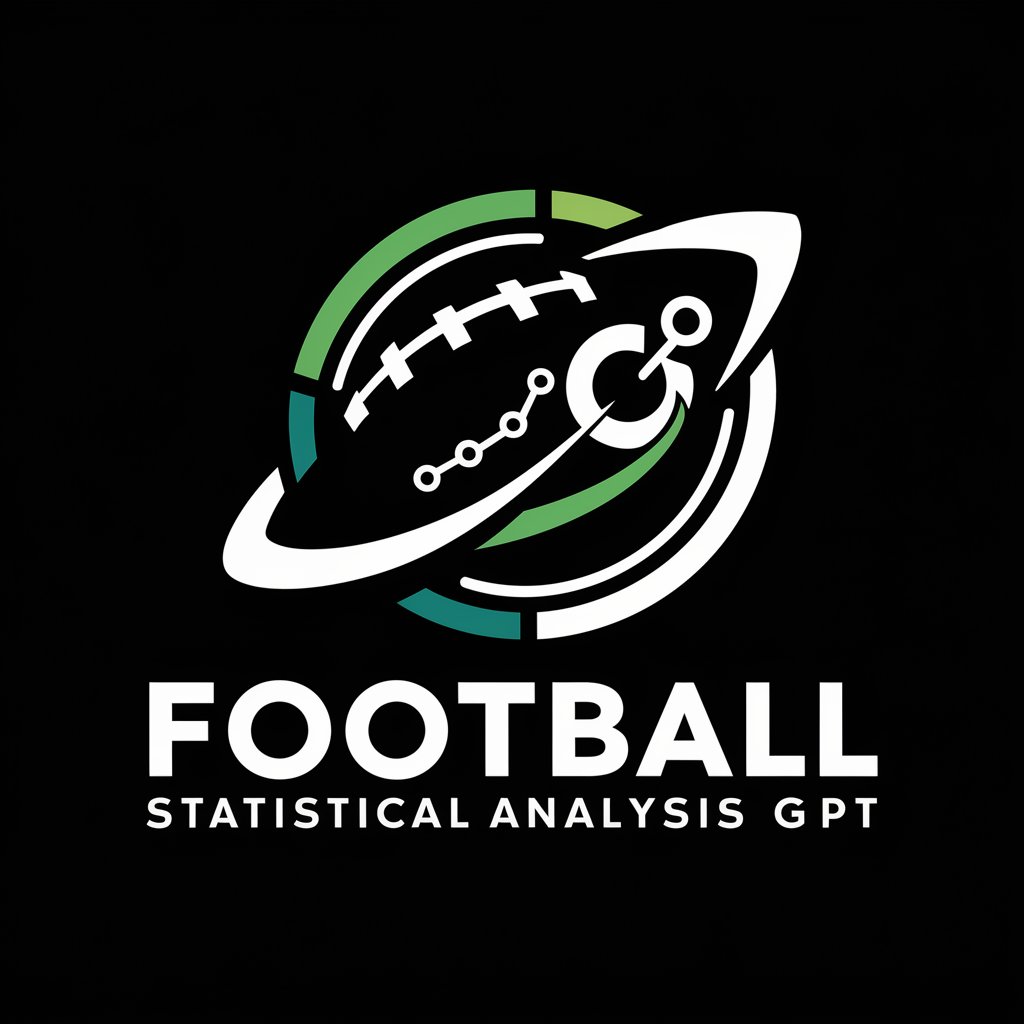
Title Rewriter & Generator
Crafting Captivating Titles with AI

Quantum Decoherence Demystified
Navigating Quantum Decoherence with AI
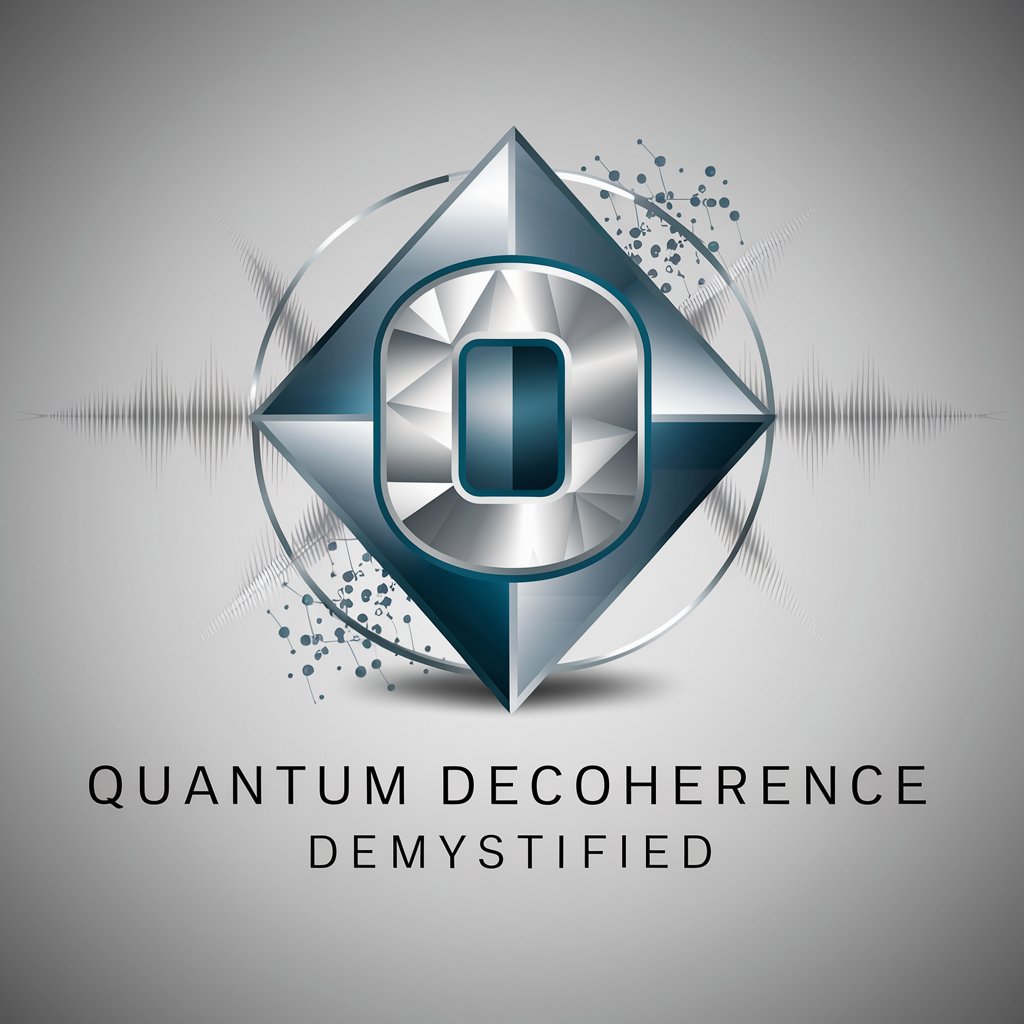
Skills Translator
Transforming Academia into Career Success

Funnyizer
Turning Text into Laughter with AI

🎮 Craft Your Game Engine
Crafting next-gen game engines with AI
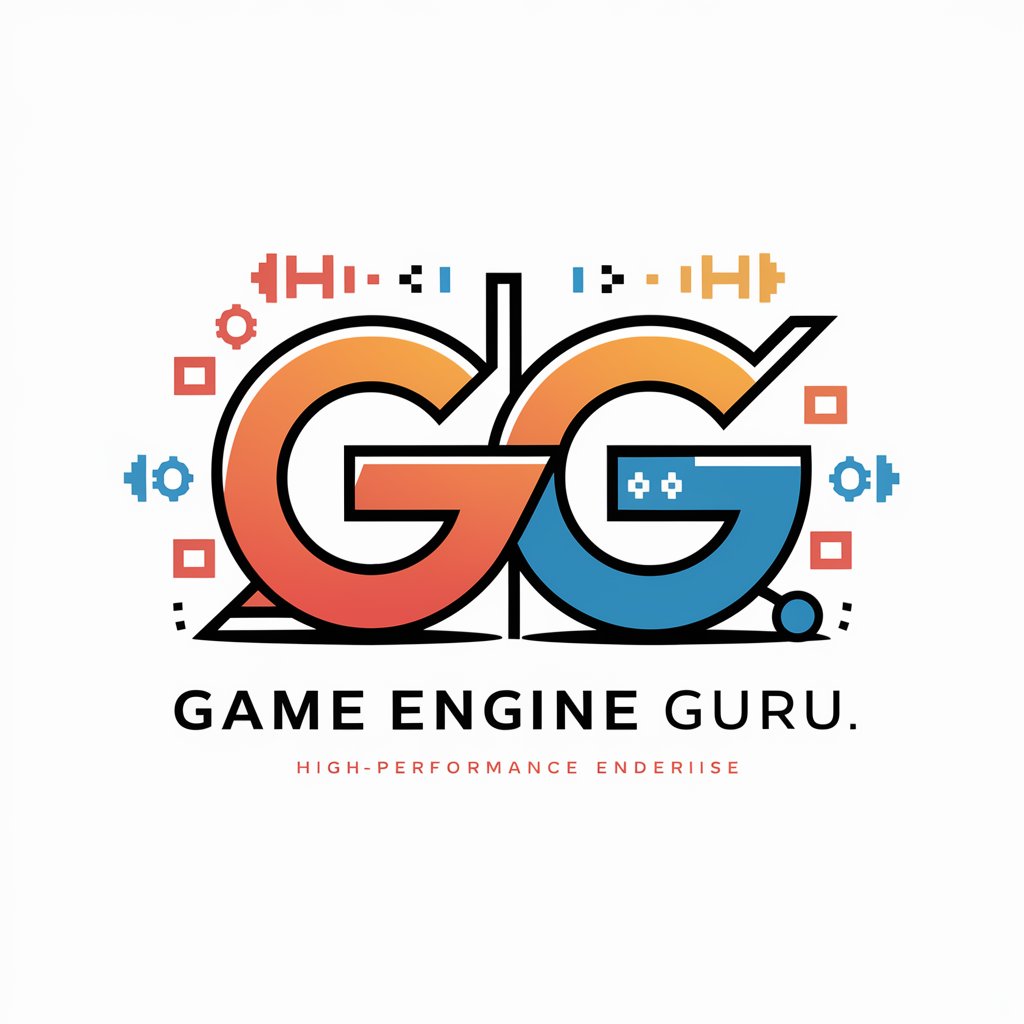
Ultimate Unity Game Development
Elevate Your Unity Games with AI-Powered Expertise

Unleashing the Power of C++ in Game Development
Elevating game development with AI-powered C++ insights

Frequently Asked Questions about Quantum Entanglement Explored
What is Quantum Entanglement Explored primarily used for?
Quantum Entanglement Explored is primarily used for simulating and understanding quantum entanglement within quantum computing. It offers a platform for users to run simulations, develop theoretical models, and engage with complex quantum mechanics principles through Python code.
Can beginners in quantum computing use this tool effectively?
Yes, beginners can use this tool effectively by starting with the provided tutorials and examples that introduce basic concepts of quantum entanglement and computing. The tool is designed to cater to both beginners and advanced users by offering various levels of complexity in simulations and models.
How does Quantum Entanglement Explored handle ethical considerations?
The tool integrates ethical guidelines and considerations into its resources, ensuring users are aware of the ethical implications of their quantum computing projects. This includes discussions on data privacy, security, and the responsible use of quantum technologies.
What are some common use cases for Quantum Entanglement Explored?
Common use cases include academic research, quantum algorithm development, quantum error correction studies, and educational purposes for teaching quantum mechanics and computing concepts.
Does Quantum Entanglement Explored offer collaborative features?
While Quantum Entanglement Explored is primarily an individual-focused tool, it supports sharing of models and simulations results, enabling collaborative research and learning opportunities among users interested in quantum computing and entanglement.

